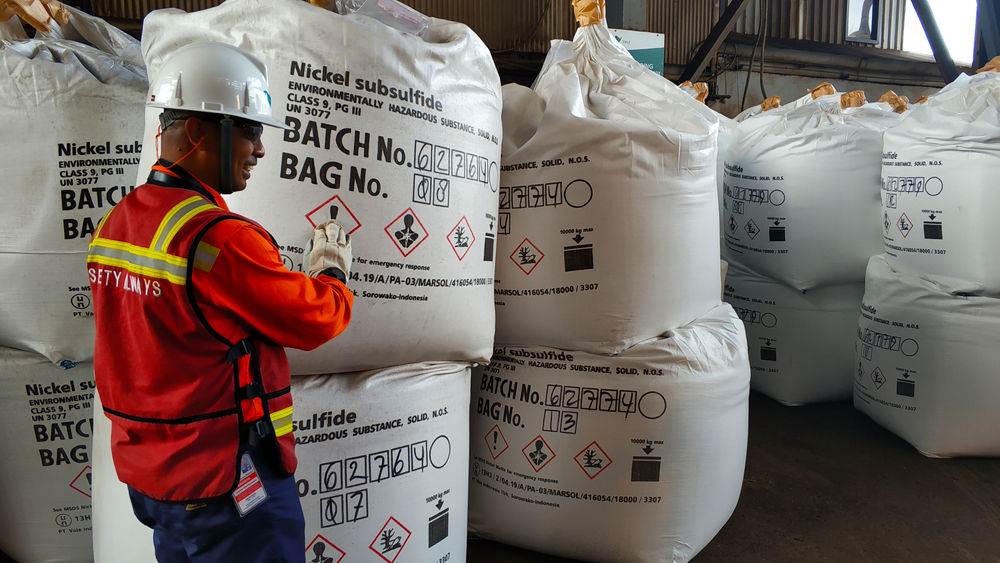In a securities filing on Tuesday, Vale — the world’s second-largest iron ore producer — lowered its annual production estimates. The Brazilian giant cut expectations from the range of 320 to 335 million tons to somewhere between 310 and 320 million tons, adding that figures are “hypothetical data that by no means constitutes a promise of performance.”
Vale’s move could help push iron ore prices back up. Futures for the commodity traded on China’s Dalian Commodity Exchange have crashed by almost 30 percent since early in June, as fears of a global recession have clobbered commodity prices worldwide.
Per a statement by Jefferies Group LLC analysts, the move “at least limits further downside risk.”
Vale also reported its production numbers for Q2 2022, which failed to meet the already watered-down expectations of market analysts.
In the second quarter of the year, Vale produced 74.1 million tons of iron ore. While the number is 17 percent more than in Q1, that is primarily down to a low baseline, according to Itaú BBA. Figures are also 1.2 percent below output from one year prior.
Sales brought negative omens. Vale sold 64.3 metric tons of iron ore between April and June, down 2.3 percent from Q2 2021. The company was already prepared for a possible reduction in iron ore sales, and sold a higher percentage of high silica ores — that is, with more impurities — to take advantage of higher market prices for these products.
Morgan Stanley said it sees a slightly lower number relative to its EBITDA (earnings before interest, taxes, depreciation, and amortization) assumptions for Vale in Q2 2022 (below the consensus of USD 6.4 billion) due to lower shipments of iron ore and base metals in last quarter.
Vale will announce its quarterly results on July 28.
“Vale’s mid-range iron ore guidance does not imply production growth compared to 2021, which is disappointing and is likely to fuel investor concerns about the company’s performance,” pointed out Goldman Sachs.
At noon (Brazilian time), Vale shares had dropped by 2.4 percent.


 Search
Search






































